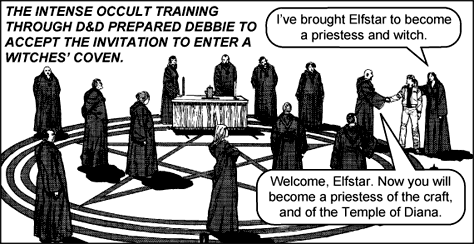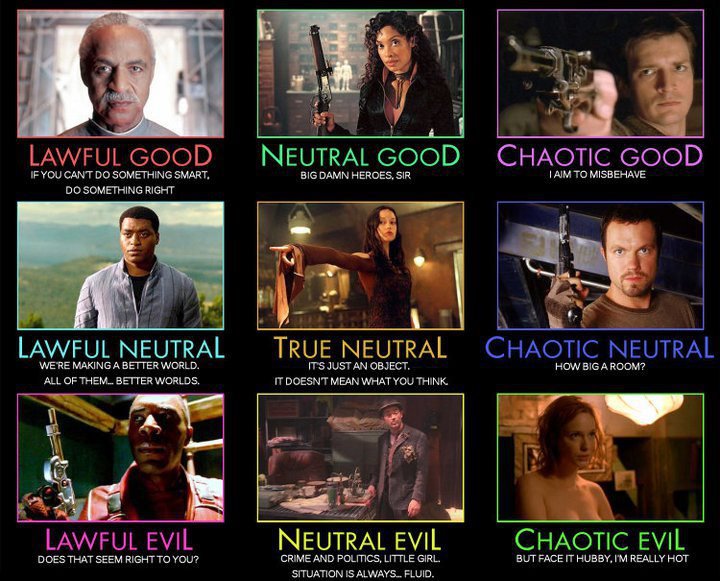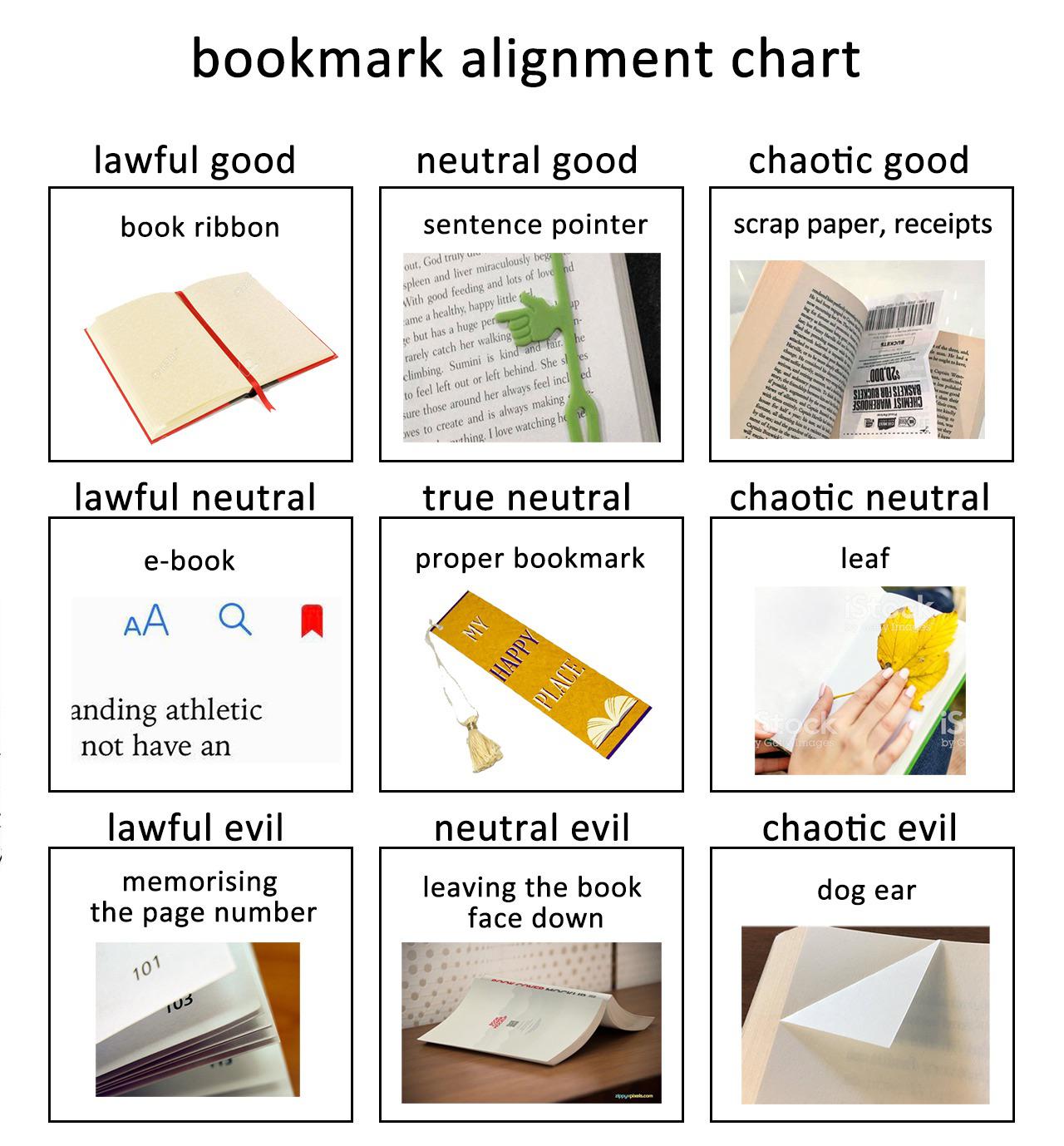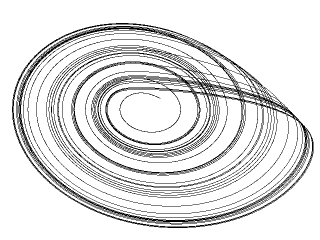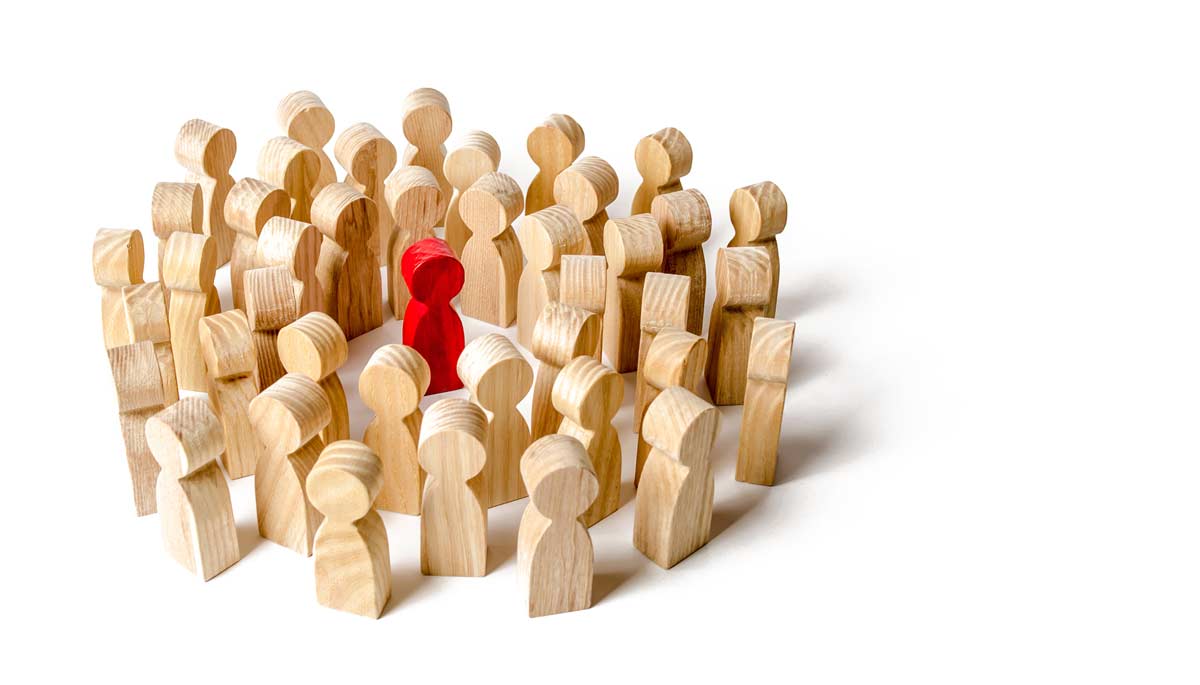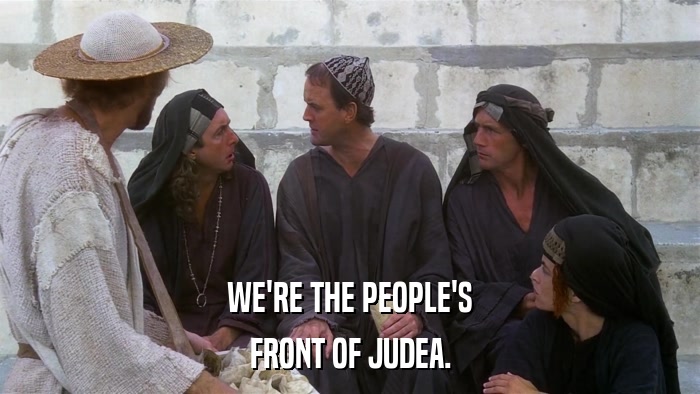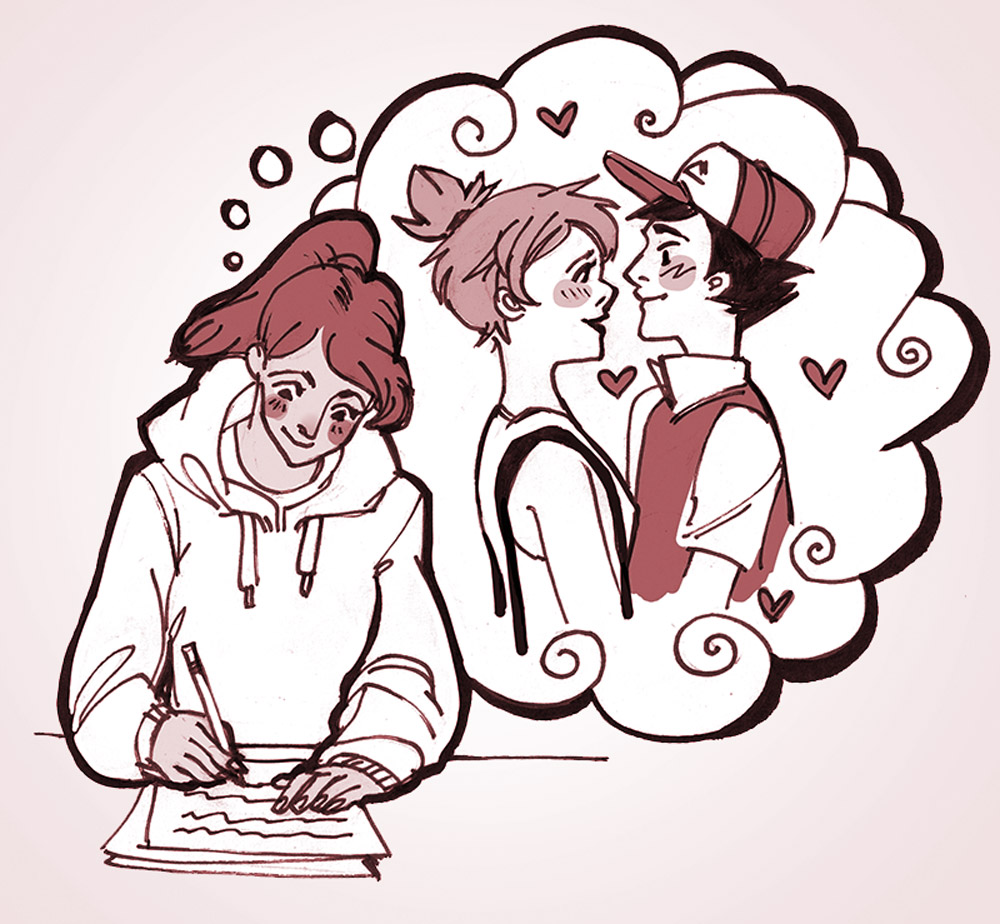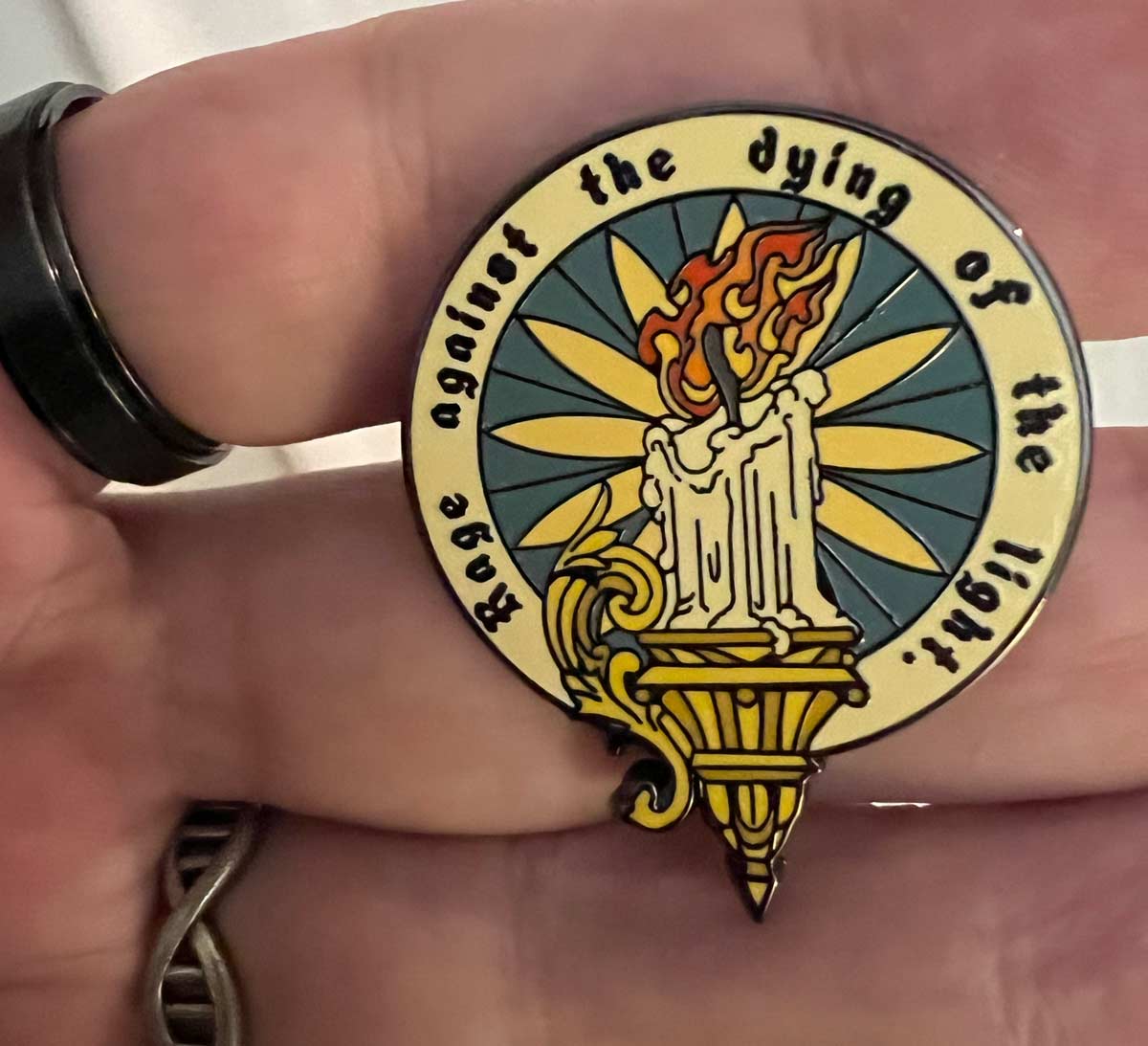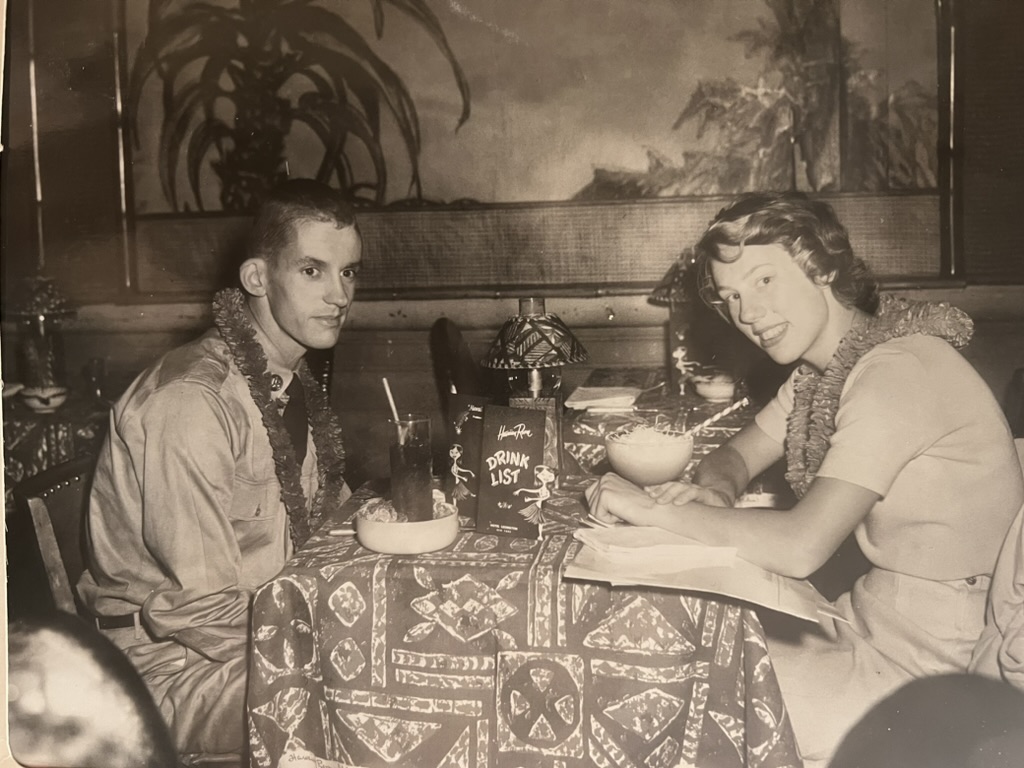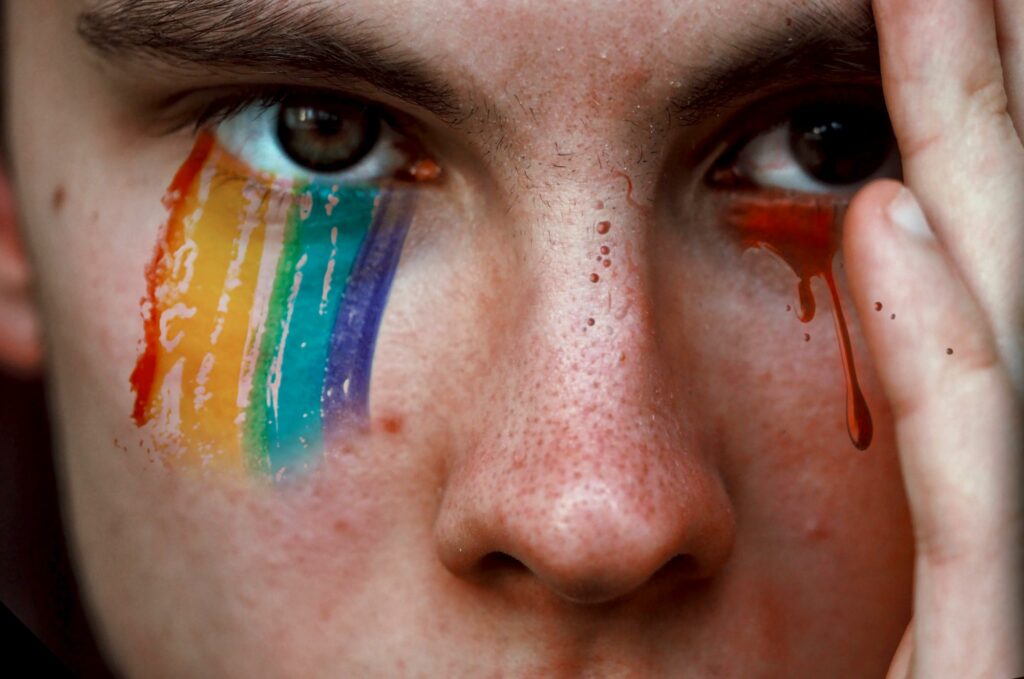
AI generated image of an author sitting in front of a computer writing. Can you count the flaws in this image? And who the hell puts a glass of what I assume is whiskey behind the monitor?
People—by which I mean, the great teeming mass of human beings who make their livings by any means other than writing—are deeply weird about writers.
I make my living as a novelist. It’s not a particularly good living—I make less than an average fast-food worker in Oregon—but it’s a living. Like everyone who makes a living crafting words of whimsey, I have, on more than a few occasions, encountered folks with Great Ideas.
These encounters follow a predictable path, like water flowing down a riverbed. “Oh, you’re a writer?” says the person who’s just discovered that I’m a writer. “I have a great idea for a story! Why don’t you write it for me, and we’ll split the profits?”
There’s a strange, topsy-turvy logic in this proposal, a weird notion of how writing works that’s a bit like one of those maddening M. C. Escher paintings where the more you examine it, the less sense it makes.
On the one hand, the people with the Great Ideas seem to understand they lack the ability to turn the idea into a book, else they wouldn’t be making this (in their estimation, rather generous) offer. On the other, they trivialize the act of writing; it’s the idea that’s hard, see. The writing of it is a mere formality.
Inevitably, attempts to explain that ideas are really rather common and ordinary, and the difficulty lies in the turning of an idea into a book, fall on deaf ears. I have about half a dozen ideas for novels a day, no exaggeration. Ideas are everywhere. You can’t walk down the street without encountering ideas.
And I really mean it when I say ideas are everywhere. Eunice and I are just putting the finishing touches on a novel called London Under Veil, a contemporary urban fantasy that’s sort of Harry Potter meets The Matrix by way of Tom Clancy, but with sex.

That PHP is taken from a live, in-the-wild bit of WordPress malware.
Where did we get the idea to write a novel about a young British-born-Chinese infosec worker at a London webhosting company who gets sucked into a centuries-long underground war between a group of spellcasting sex workers and a society of rage mages that has infiltrated and captured the Tories?
From a social media question.

That. That sparked a conversation betwixt Eunice and me that led to a book.
Ideas are everywhere.
The folks with the Grand Ideas generally seem to believe that 75% of a book is coming up with the idea, and 25% is the writing (or, if they’re especially generous, that the idea is 50% and the writing is 50%). In reality, it’s more like the idea is 0.25%, and the writing is 99.75%, though if you’ve never written a book that might not seem credible.
I’ve talked before about the process of writing a book, and man, there’s nothing like the Writer’s Roller Coaster…largely because if there were, it would contravene the Geneva Convention.
So let’s talk about AI.
The advent of ChatGPT has led to a ton of folks who think that since the idea is the hardest part of writing a novel, and the writing is the trivial bit—a mere incidental—that in a world of ChatGPT, anyone can publish a novel. It’s so easy! Type your idea into ChatGPT and Bob’s your uncle! Fame and riches await!
Of course, it doesn’t work like that.
There’s a peculiar thing that happens with human beings where, when you lack the ability to do something, you also lack the ability to evaluate whether or not someone else who does that thing is good at the task. People who aren’t writers may sincerely be unable to tell that ChatGPT output is bland, dreary, inconsistent garbage—not really information so much as an information-shaped space, a suggestion of what information might vaguely look like.
I’ve been asked if I’m afraid ChatGPT will make me obsolete.
No. The answer is no.
Folks who think that ChatGPT can turn their amazing idea into a best-selling book…well, let’s just say I see disappointment in their future.

Will AI get better? Sure. Will AI ever replace technical writers? Mmmmmaybe, though I think it’s more likely it will enhance technical writers by creating a tool in their toolkit for certain formulaic parts of technical writing. A good technical writer needs to be able to imagine herself in the position of someone unskilled in the art being guided through an unfamiliar task, and I don’t see AI doing that untill it actually becomes, well, real artificial intelligence, which ChatGPT and its like most definitely are not.
Will AI replace creative fiction writers? I think that’s an AI-Complete problem—a problem unlikely to be solved until we have true self-aware general AI, at which point AI people are people, and like human people, may r may not be good at writing.
But I digress.
The point I’m making here is the fascination with ChatGPT producing a novel comes, I think, from a profound ignorance of how common ideas are and how difficult it is to turn an idea into something someone else wants to read.
I’m writing this from the home of one of my co-authors in Springfield. Tomorrow, we are driving out to rural Missouri to trace the path of the protagonist in our upcoming far-future, post-Collapse literary novel, Spin, because we need to get a sense of what it’s like to make that journey…and that’s exactly the sort of thing ChatGPT cannot bring to the table.

